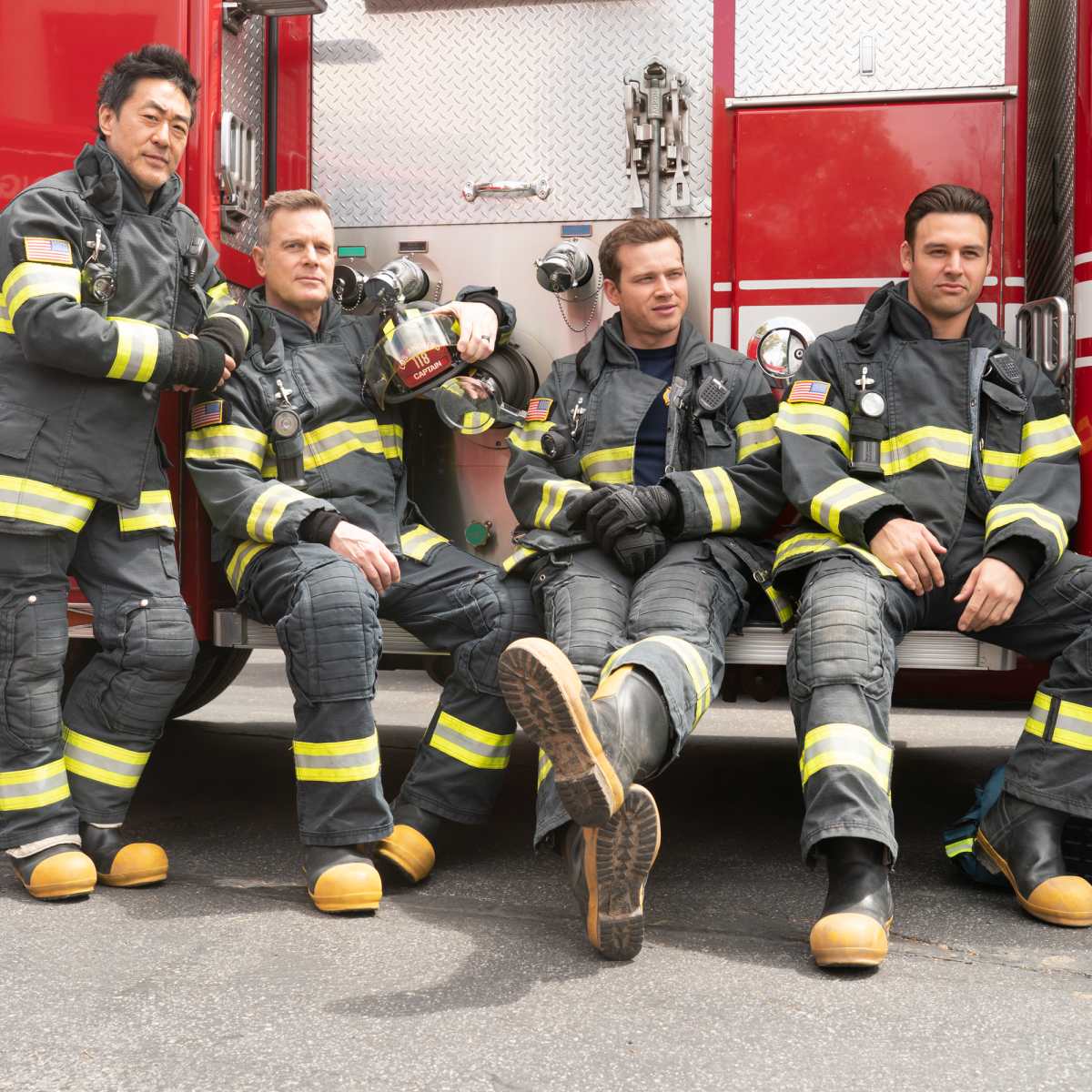The tragic death of Rico Priem, a grip on the Fox drama “9-1-1,” initially sparked concerns about grueling working hours on set. However, a recent autopsy report clarifies the cause of death, revealing a sudden cardiac event rather than work-related fatigue.

Autopsy Results Shed Light on Priem’s Cause of Death
The Los Angeles County Medical Examiner’s Office has released the official cause of death for Rico Priem. Contrary to initial speculation, the autopsy results confirm that Priem died from sudden cardiac dysfunction, not injuries sustained in a car crash last May. While Priem’s vehicle was found overturned following a single-car accident, the autopsy revealed pre-existing heart conditions – cardiomegaly (enlarged heart) and left ventricular hypertrophy (thickening of the heart muscle) – as the primary contributors to his passing. Additionally, no traces of alcohol or drugs were detected in his system.
These findings dispel the suggestion made by Priem’s union, the International Alliance of Theatrical Stage Employees (IATSE), that his death stemmed from overwork-induced drowsiness. While the union previously highlighted the demanding schedule Priem had endured, working two consecutive 14-hour shifts before the accident, the autopsy definitively rules out fatigue as a contributing factor.
Union Renews Focus on Safe Working Conditions
Despite the autopsy results, IATSE remains committed to ensuring safe working conditions for all its members. While acknowledging the natural causes of Priem’s death, the union emphasizes the broader issue of worker safety on sets. Their statement underscores the importance of reasonable working hours and highlights the expectation of returning home safely after a shift.
This incident underscores IATSE’s ongoing push for stricter regulations on film and television productions. The union is currently negotiating with studios and streaming services, aiming to impose significant financial penalties for exceeding working hour limitations and failing to provide adequate rest periods for crew members.
The tragic events of 2024 highlight the need for increased safety measures on set. In February, J.C. Osorio, a rigger working on Marvel’s “Wonder Man,” lost his life after a fall from the rafters. Similarly, in April, an action sequence gone wrong on the set of Amazon-MGM’s “The Pickup” resulted in injuries to several crew members. Both incidents are still under investigation by the Occupational Safety and Health Administration (OSHA).
A Call for Change: Prioritizing Crew Safety
The death of Rico Priem, though not work-related, serves as a stark reminder of the dangers inherent in film and television production. While fatigue wasn’t a factor in this specific case, the incident underscores the union’s concerns about long work hours and their potential impact on crew safety.
IATSE’s ongoing negotiations with studios and streaming services aim to prioritize crew well-being by implementing stricter guidelines and stricter penalties for violations. The focus on enforcing appropriate rest periods and limitations on working hours aims to prevent similar tragedies in the future.
The industry has a responsibility to ensure the safety of its workforce. Moving forward, prioritizing crew well-being by implementing stricter guidelines and ensuring adequate rest periods will be crucial in preventing future tragedies on set.




